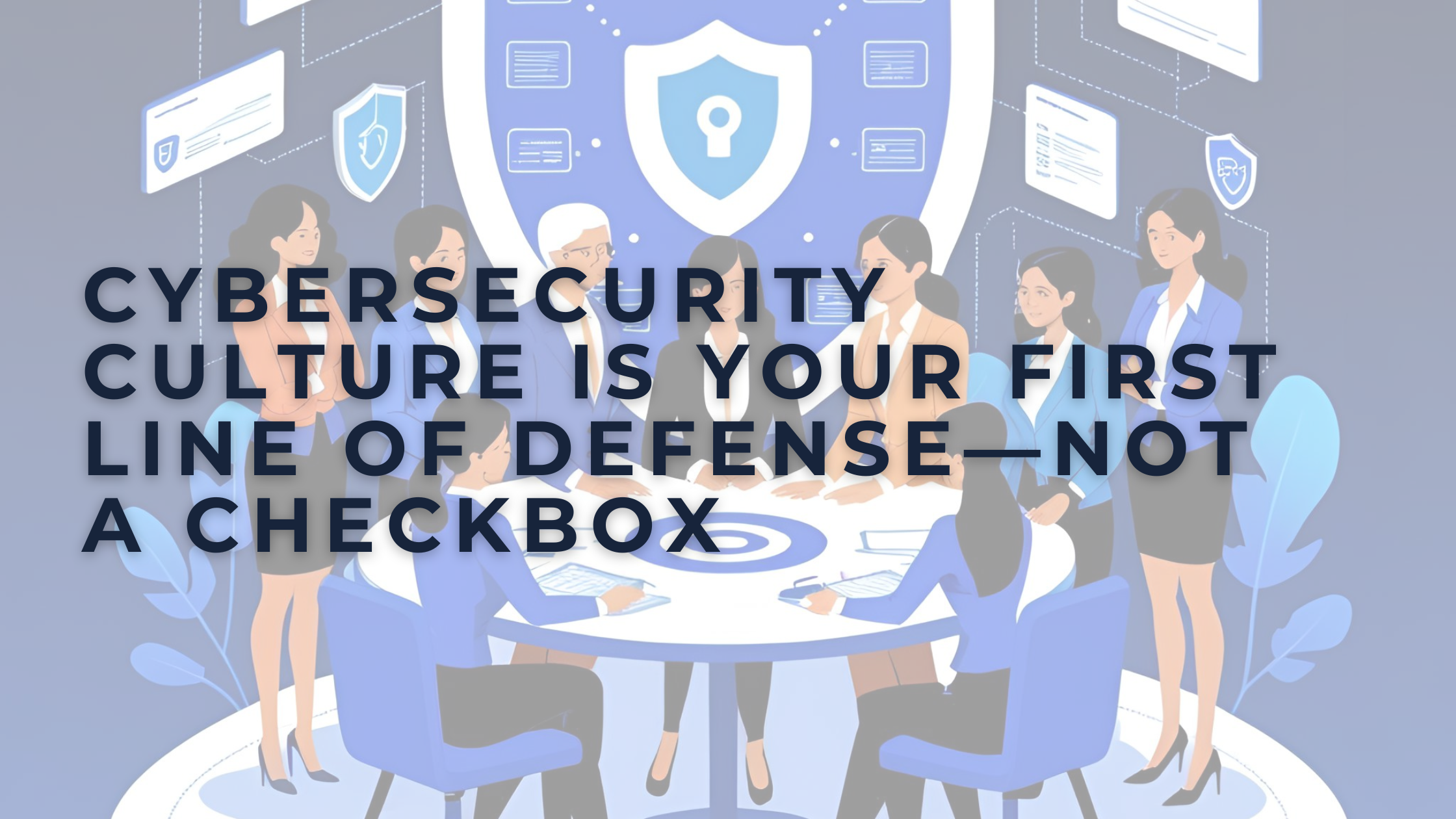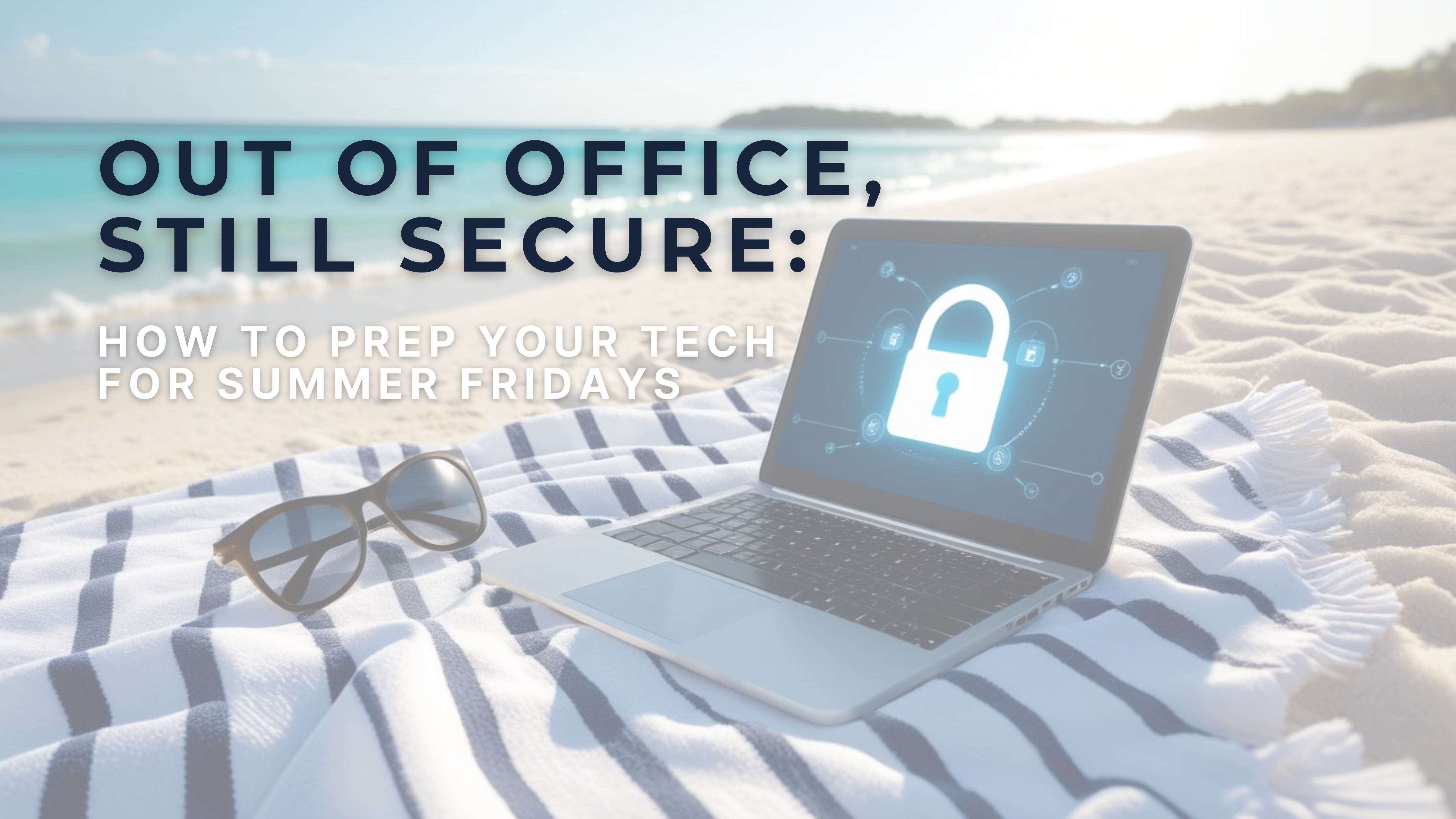Are you concerned about data loss prevention and safeguarding your data?
Data is one of a business’s most valuable assets. However, with the increasing frequency of cyber threats, data breaches, and human errors, data loss prevention has become paramount. This comprehensive guide to data loss prevention will help you understand the significance of protecting your business data and the best strategies to implement for maximum security.
Understanding Data Loss Prevention
Data loss prevention (DLP) encompasses strategies and tools designed to protect sensitive data from being lost, misused, or accessed by unauthorized users. Essentially, DLP aims to ensure that confidential information remains within the corporate network and prevents data breaches that can lead to severe financial and reputational damage.
The Importance of Data Loss Prevention
Firstly, data loss prevention is crucial for maintaining the trust of your clients and stakeholders. In the event of a data breach, the loss of sensitive information can erode customer trust, potentially leading to a loss of business. Moreover, regulatory compliance is another significant reason for prioritizing DLP. Regulations such as GDPR, HIPAA, and CCPA require businesses to protect personal data, and failing to comply can result in hefty fines and legal consequences.
Key Strategies for Effective Data Loss Prevention
Implement Strong Access Controls
One fundamental strategy for data loss prevention is to implement robust access controls. By ensuring that only authorized personnel have access to sensitive information, you can significantly reduce the risk of data breaches. To enhance security further, utilize multi-factor authentication (MFA) and role-based access control (RBAC).
Data Encryption
Encrypting sensitive data, both at rest and in transit, is vital for protecting it from unauthorized access. Encryption ensures that even if data is intercepted or accessed by malicious actors, it remains unreadable without the proper decryption keys.
Regular Data Backups
Regularly backing up your data is a critical component of data loss prevention. In the event of a data breach, ransomware attack, or hardware failure, having up-to-date backups ensures that you can quickly restore your data and resume normal operations with minimal disruption.
Employee Training and Awareness
Human error is one of the leading causes of data loss. Therefore, conducting regular training sessions and awareness programs for employees is essential. Educate your staff about the importance of data security, recognizing phishing attempts, and following best practices for handling sensitive information.
Data Loss Prevention Software
Investing in comprehensive data loss prevention software can provide an added layer of security. DLP software can monitor and control data transfers, detect potential threats, and prevent unauthorized access to sensitive information. These tools are designed to identify and mitigate risks before they result in data loss.
Establish Clear Data Handling Policies
Creating and enforcing clear data handling policies is crucial for maintaining data security. Define guidelines for data access, storage, and sharing, and ensure that all employees are aware of and adhere to these policies. Regularly review and update these policies to address new threats and changes in the regulatory landscape.
Regular Security Audits
Conducting regular security audits helps identify vulnerabilities in your data protection measures. By performing thorough assessments of your systems and processes, you can uncover potential weaknesses and take corrective actions to strengthen your data loss prevention strategies.
Conclusion
In conclusion, implementing a comprehensive data loss prevention strategy is essential for protecting your business data from threats and ensuring its security. By focusing on robust access controls, encryption, regular backups, employee training, DLP software, clear data handling policies, and regular security audits, you can significantly reduce the risk of data loss and safeguard your organization’s valuable information.
Protecting your data is not just about avoiding financial loss; it’s about maintaining the trust of your clients and ensuring the continuity of your business. As cyber threats continue to evolve, staying vigilant and proactive in your data loss prevention efforts is more important than ever.
Act now to protect your business data. Implement these strategies today and secure your business for the future by contacting us and arranging an audit.





